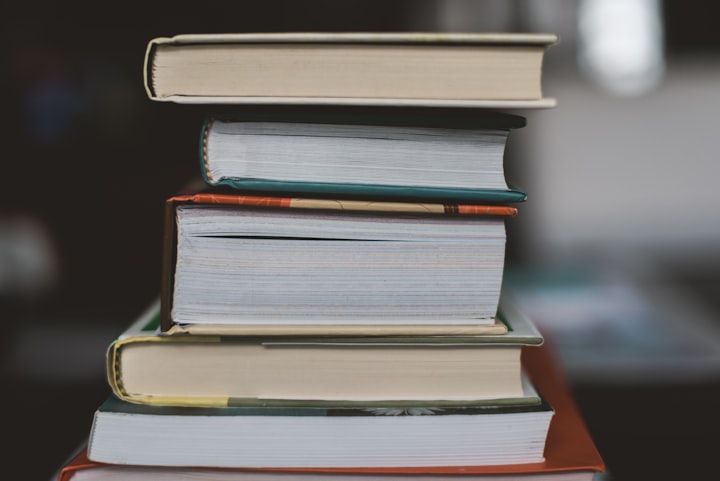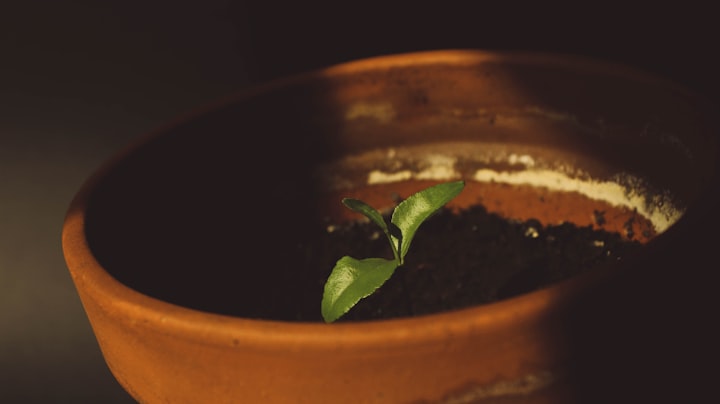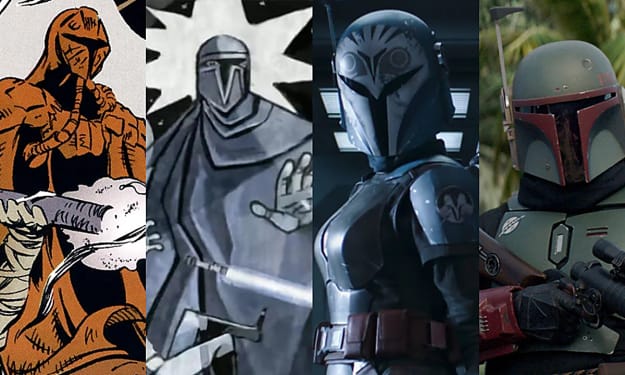
No matter who we are and what we do, we all have a story. You may not think that it’s that important or powerful, but it is. Your story is what makes you who you are. It’s the culmination of your life and your experiences; the indication of each moment, each day, each year that you have been alive on this earth.
No one else has the same story as you — it is unique.
And what’s more, no one can have the same story as you: it’s quite impossible. The perspective is always different, and we bring a different history and circumstance to every situation. Even if two people share the same spot, they will still see the world differently because of their prior experiences. Sure, there’ll be similarities, but there’ll also be key differences — opinions, shades, thoughts, ideas, angles. Even twins will have different accounts of the same thing (this I know from experience). The differences may be large or subtle, but they will be there.
Our story is not only a retell (there's a classic school literacy class word) of our past, but can also be an indicator of how we approach the present and future. We are shadowed by our failures and successes, highs and lows, lessons learned and those taught, the people we’ve met and the people we’ve lost. Emotions play a huge part, whether we like them to or not. Memories do too — however subjective they may be.
Further, the way we see our past (and even the way it colours our future) changes with time. The things that we dwell on - the stories we choose to hold tightly onto - become part of our psychological DNA. They define the people we are attracted to, the situations we gravitate towards or push away from, and also our responses to the world around us. We may think we are able to control all these aspects, but if you get down to the nitty gritty of it, our stories really do influence us in many ways.
As a creative person, I draw on my stories to create new ones. I know when I write, there is always an element of myself or my story in a character or in the narrative. Having that truth inserted into what I write helps give it reality and some believability to what I’ve written. The audience is able to empathise and sympathise with key moments because they are based on a real-life story. If I look through my musicals and songs, I can quickly identify the parts that are "me" and the parts that are fabricated, but hopefully it's harder for the audience to figure out which is which!
Yet, while we might be happy to share our own story, we also need to (and must) take the time to listen to the stories of others. It’s from other people’s stories that we also learn more about our own, and appreciate everyone more for who they are. We learn to see situations beyond ourselves and through the eyes of others: through their experiences, emotions, opinions and history. As someone who creates, these stories are vital to bringing other characters, story elements, journeys and songs to life. They are key to creating the differences between characters, songs, and ideals.
It’s not that I deliberately pick and choose elements of stories. Not at all. But I know that I do add elements of people’s universal stories to the ones I create. I think that’s natural. We are all influenced by the world around us; from the moment we’re born to the day we die. And it’s not always people, but events, melodies, colours, visuals, the written word, a movie or TV show, a painting, and so forth and so on. There are stories in everything: we just need to be open to ‘listening’ to them. When we do stop and listen, we are not only rewarded with unique stories from amazing and wonderful people, but we realise that our own stories may be shared or - indeed - the exception to the rule.
The question is: do you stop and listen? We live in such a busy fast-paced world that maybe we feel that we don't have time to share our story.
But we do. You do. And when it comes to it, we need to. Others need to hear it. We need share it. It's a vital part of who we are as a person and a creation.
Lisa Cron in "Wired For Story" says:
Story, as it turns out, was crucial to our evolution -- more so than opposable thumbs. Opposable thumbs let us hang on; story told us what to hang on to.
Johnathan Gottschall in "The Storytelling Animal" writes:
We are, as a species, addicted to story. Even when the body goes to sleep, the mind stays up all night, telling itself stories.
And Francesca Lia Block writes - incredibly powerfully:
Think about the word destroy. Do you know what it is? De-story. Destroy. Destory. You see. And restore. That's re-story. Do you know that only two things have been proven to help survivors of the Holocaust? Massage is one. Telling their story is another. Being touched and touching. Telling your story is touching. It sets you free.
Our stories, while always different, are also the key to also bringing us together — connecting and uniting us in friendship and in life.
That's why we need to write and to create. We are telling our story and sharing it with others.
Cheers!
Drew
About the Creator
Drew Lane
I'm a musical theatre composer based in Melbourne Australia, with a few awards under my belt (should I really even say that? Oh well...) I write, I compose, and I also teach: I fully believe in helping other people realise their own dreams!






Comments
There are no comments for this story
Be the first to respond and start the conversation.